I have an idea of the answer for this, but i think i need help with the answer.
My university lecturer told me the best way to learn about an OS was to 'get inside' Linux. Would someone be able to tell me, practically, how i could go about doing this? I dont really know too much about Linux or dissamblers etc?
Also, any other useful tips would be very welcome.
The reason i am asking this is because eventually i want to be able to re-write parts of the kernel, optimise an OS, make a 'barebones' version as im very interested in electronic trading platform programming/high frequency trading.
